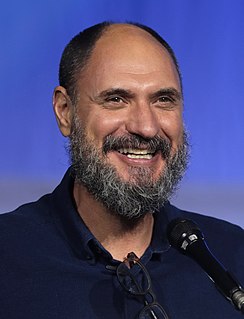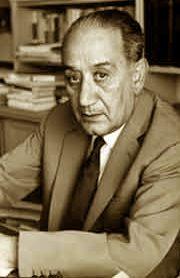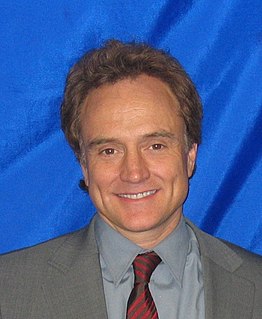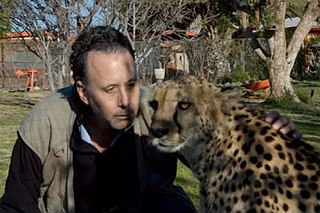A Quote by Timothy Radcliffe
The unutterable violence of the Holocaust shook our confidence in the possibility of telling any story of faith at all.
Quote Topics
Related Quotes
I'm so sick of seeing guns in movies, and all this violence; and if there was going to be violence in Pines, I wanted it to actually be narrative violence. I wasn't interested in fetishizing violence in any way of making it feel cool or slow-motion violence. I wanted it to be just violence that affected the story.
This is our story to tell. You’d think for all the reading I do, I would have thought about this before, but I haven’t. I’ve never once thought about the interpretative, the story telling aspect of life, of my life. I always felt like I was in a story, yes, but not like I was the author of it, or like I had any say in its telling whatsoever.
Faith takes us to deep places, to the ruptures in our self-confidence and our lives. Do not settle for spiritual comfort all the time...Darkness is divine also. Faith is not about positive thinking so much as about what kicks in when we are weak, sick, and short of self-confidence. The via positiva never stands alone. The via negativa is always with us on our faith journey as well.
Faith, then, generically, is confidence in a personal being. Specifically, religious faith is confidence in God, in every respect and office in which He reveals Himself. As that love of which God is the object is religious love, so that confidence in Him as a Father, a Moral Governor, a Redeemer, a Sanctifier, in all the modes of His manifestation, by which we believe whatever He says because He says it, and commit ourselves and all our interests cheerfully and entirely into His hands, is religious faith.
I think that people have to have a story. When you tell a story, most people are not good storytellers because they think it's about them. You have to make your story, whatever story it is you're telling, their story. So you have to get good at telling a story so they can identify themselves in your story.
The Holocaust most assuredly challenges any and all faith in God. Faith in humanity. Faith in nature. Faith in the future. I don't "tell" young people anything. I ask them to consider many things, particularly, their assumptions regarding their natural obligations to be loving towards all living beings. Many of my works - both literary and film - are fictional, like Codex Orféo. And that's because the genre has always allowed me to suggest things that are opinions, spiritual impulses and intuitions, not necessarily provable.



































